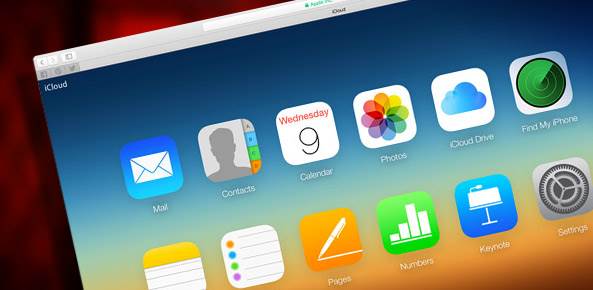The latest software updates from Apple include security fixes for Keynote, Pages, Numbers and iWork, as well as new features for the productivity apps in iWork for iCloud.
Released yesterday, the updates took out of beta Apple’s Keynote, Numbers and Pages apps for iCloud. In addition to supporting the latest versions of iOS and OS X — Apple’s mobile and desktop operating systems — the updated apps come with a number of new features.
For example, the new version Pages — Apple’s word processing app — improves compatibility with Microsoft Word charts and documents, enables better multitasking during editing and supports Split View on the iPad Pro, iPad Air 2 and iPad mini 4. Meanwhile, new features in the Numbers spreadsheet app for iCloud include previewing of shared documents on iOS and Android browsers.
Improved Defenses against ‘Malicious’ Documents
Apple’s security updates bump up the version numbers for several apps. Keynote, for example, went from 6.5.3 to 6.6, while the other new versions include Pages 5.6, Numbers 3.6 and iWork for iOS 2.6.
Available for users running OS X Yosemite 10.10.4 or later and iOS 8.4 and up, the security updates address several vulnerabilities that were identified earlier this year. The latest version of Pages, for instance, provides improved memory handling to prevent a corruption problem that could have allowed “maliciously crafted” documents to cause Pages to stop running unexpectedly or begin executing arbitrary code.
Two other security updates eliminate vulnerabilities that could have caused malicious exploitation through Keynote, Numbers or Pages documents. Improvements to input validation will now help prevent infected documents from compromising user information, or causing apps to crash or execute unwanted actions.
First Significant Update in Months
Apple users have been awaiting an update to the iWork apps for iCloud for some time. The last significant update to the cloud-based productivity apps came in February, when Apple enabled users without OS X, iOS or Apple devices to obtain Apple IDs. That change allowed people running PCs on Microsoft Windows 7, 8 or 8.1 to access some of the apps available on iCloud, although iCloud for Windows does not yet offer support for Windows 10.
Just yesterday, for example, a user on Apple’s iWork for iCloud forum asked whether the service was still under development, complaining that it was “severely lacking in features and no updates for almost a year.”
In other Apple news, the company also announced yesterday that its ResearchKit for health care — released in April — has enabled doctors and researchers to conduct a number of health studies with the help of iPhones. Since its launch, more than 50 researchers have also added new modules, tasks and other features to ResearchKit, which is built on an open source framework.





